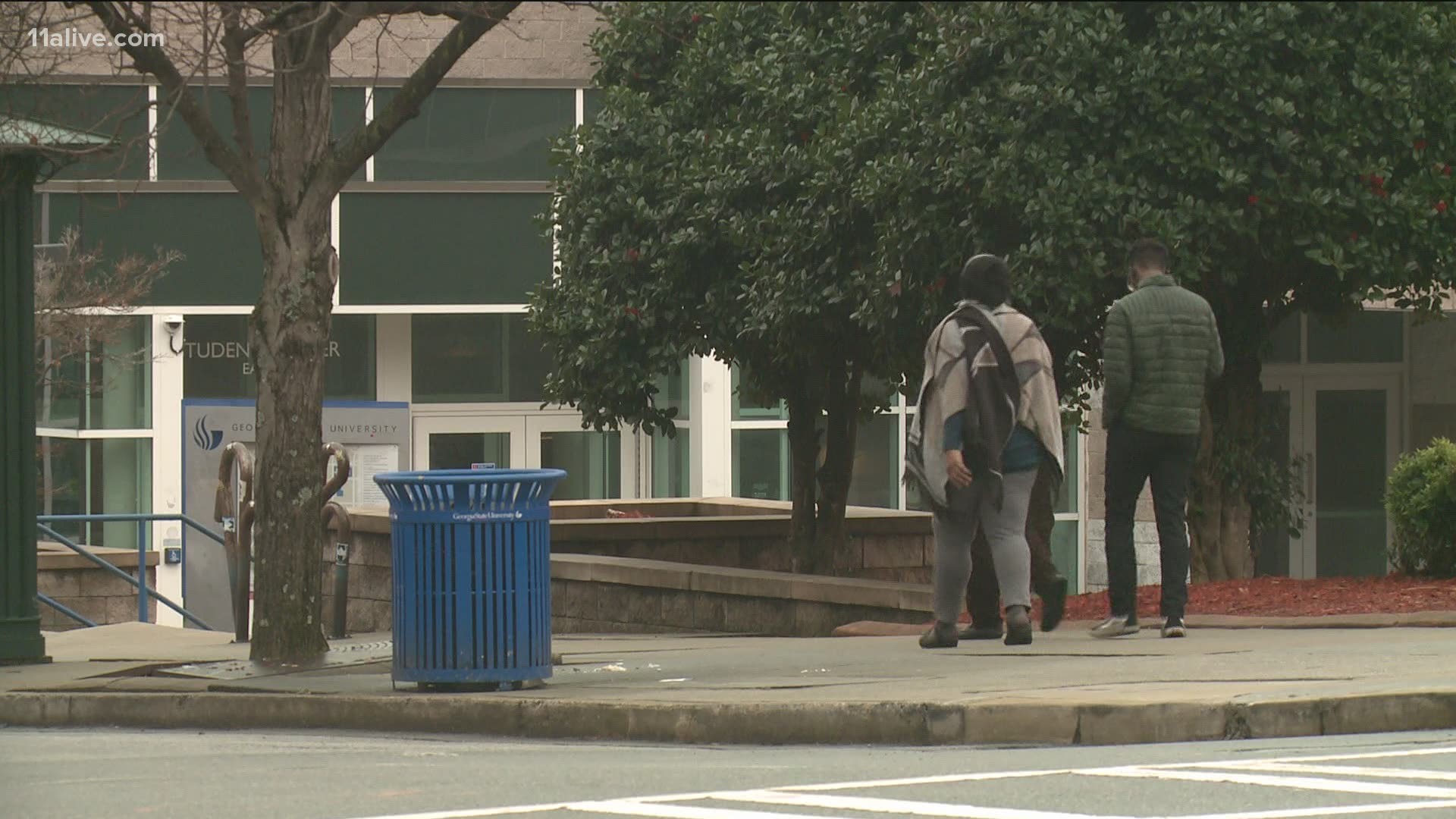ATLANTA — New bills introduced in the Georgia legislature would change how some HOPE scholarships and grants are awarded. The sponsor said the changes would mostly help lower income students access funds for college.
The legislation would tweak one of Georgia’s most popular government programs – which pays at least a portion of expenses for students enrolled at Georgia colleges.
HOPE uses proceeds from the Georgia Lottery to fund college expenses and pre-K programs for Georgia students. As more college-bound students have used HOPE, the program’s impact has been spread somewhat thin – especially at Georgia technical colleges, according to state Rep. Stacey Evans (D-Atlanta).
"Students in technical colleges are the most price-sensitive students. So, if you take away any little bit of their aid package, and it may knock them out of being able to go at all," Evans said in an interview with 11Alive.
One would allow students to use HOPE grants to pay for associate degree-level courses at state technical colleges.
Another would let students qualify for full-tuition Zell Miller HOPE scholarships after they enroll in college – if they can sustain a 3.3 grade point average for two consecutive semesters. The qualification would sidestep the 1200 SAT score requirement out of high school, which Evans said would help lower income students who tend to underperform on SATs.
"This is sort of my way around the SAT score, because I don’t think there’s political will at this point to get rid of it," said Evans, who added she would prefer to completely eliminate the SAT requirement.
Evans unsuccessfully ran for the Democratic nomination for governor in 2018. Her bio mentioned that she was the first in her family to attend college, which she said wouldn't have happened without HOPE. She's now an attorney in Atlanta.
HOPE can afford to expand its benefits, said budget analyst Jennifer Lee.
"We’ve managed the HOPE dollars very conservatively, and I would say too conservatively, considering the need that is out there today," said Lee, of the left-leaning Georgia Budget Policy Institute.
But conservative Georgia lawmakers have been slow to expand benefits to the popular HOPE program – in part because they don’t want to overpromise scholarships and grants that lottery revenue can’t deliver in the event of a slowdown.

